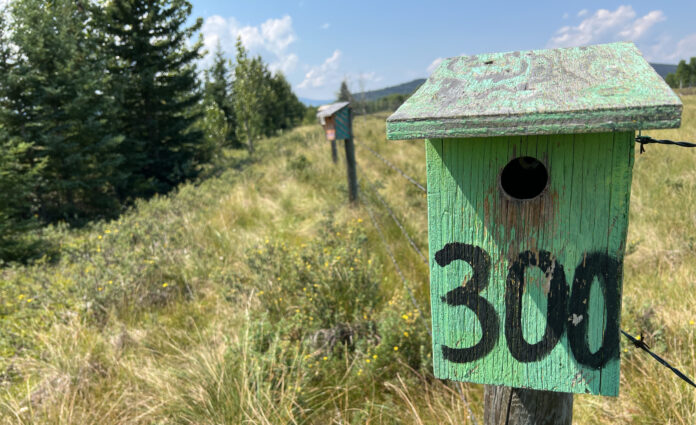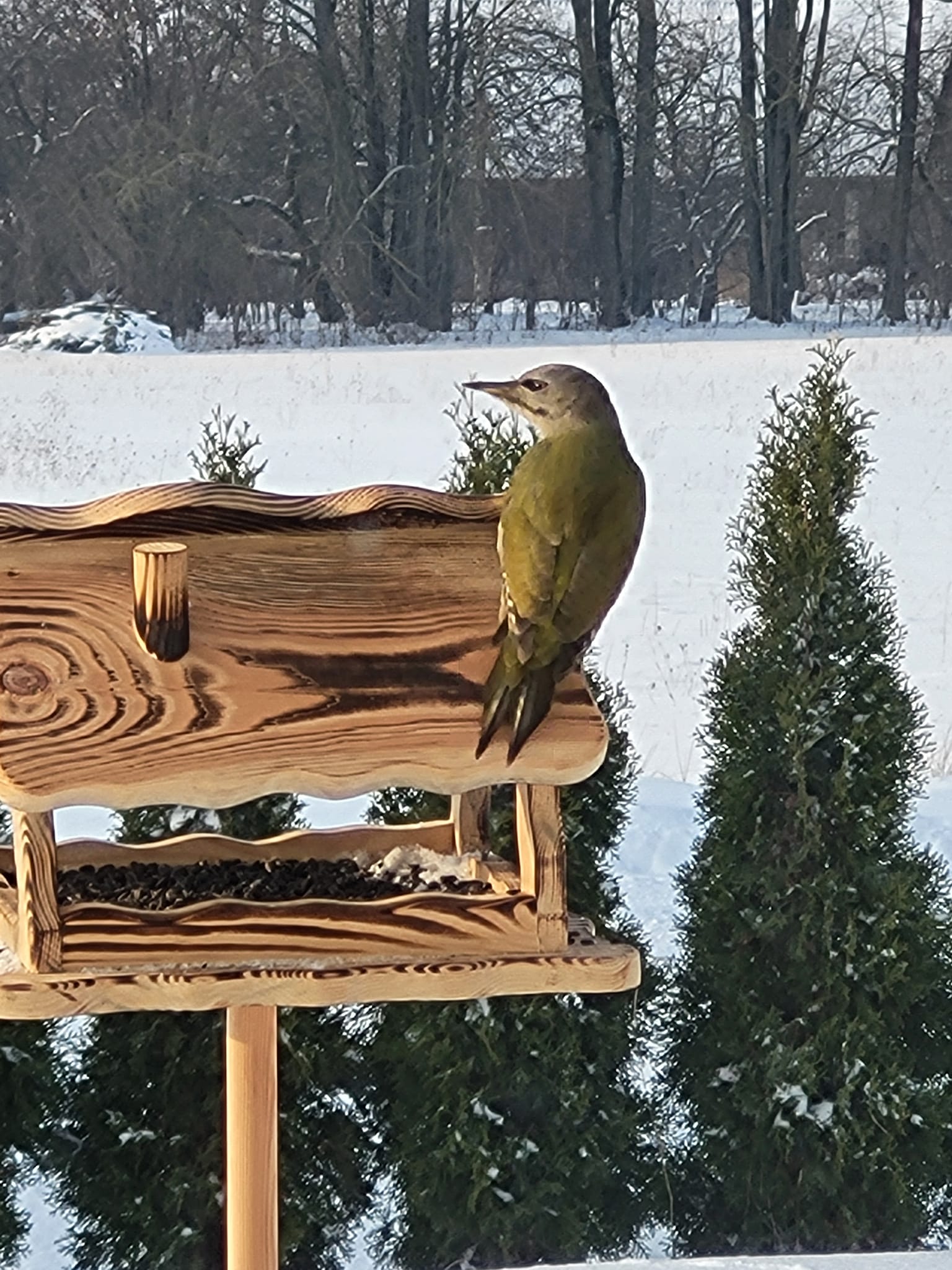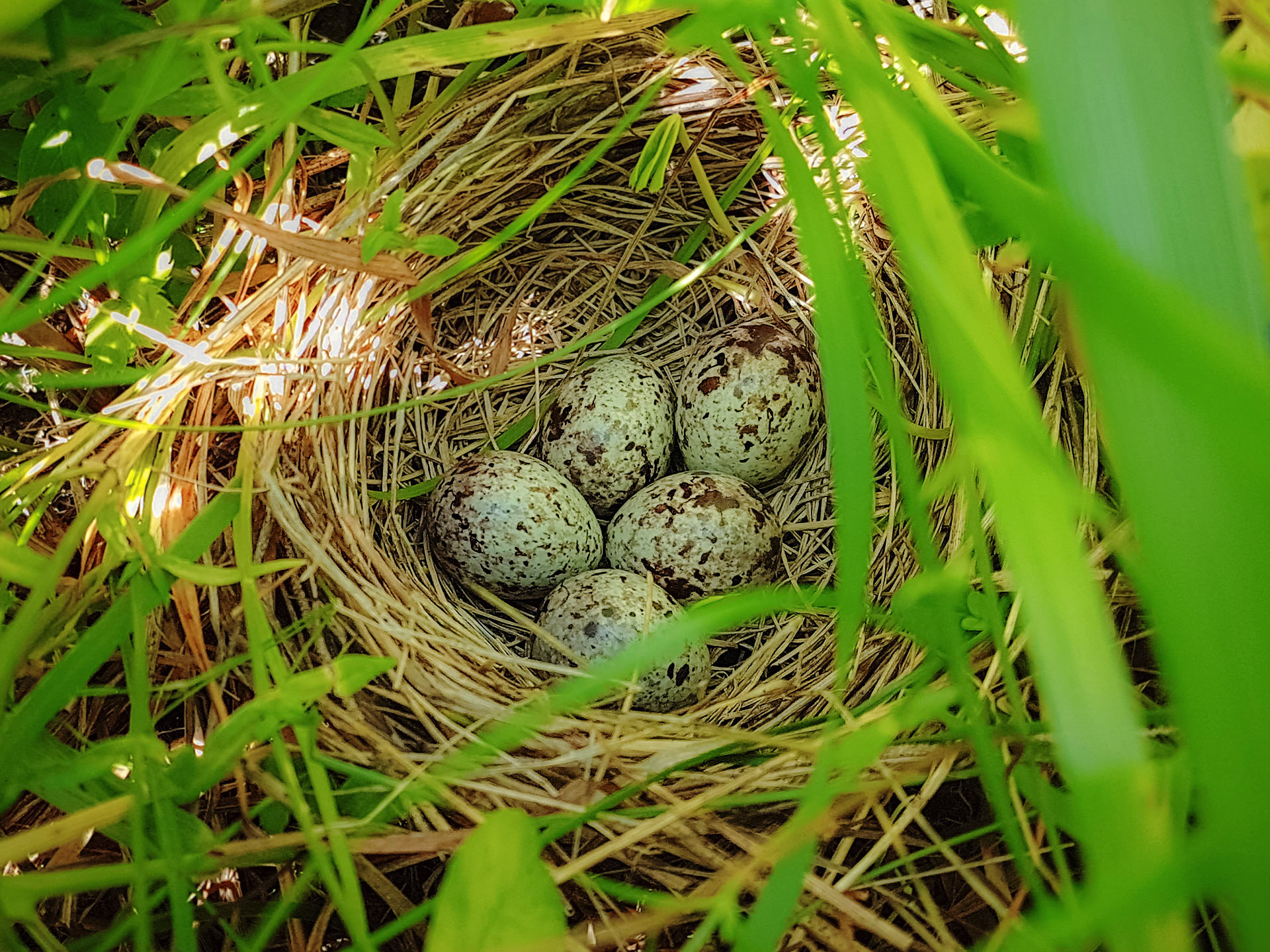
Last week the Lithuanian Ornithological Society, a member of Birdlife International, reported statistics on the declining bird population in Lithuania. Experts note that agriculture should not be perceived as a threat to birds, but a solution, because sustainable farming can help provide nesting sites and an environment that may increase their numbers.
The decline in bird population is linked to unsound agricultural policy applied over an extended period. This policy kept farmers from maintaining portions of land containing ponds, trees or bushes. Even though such areas are important for biodiversity, they were eliminated because farmers were compensated for arable land alone. This policy was only changed in 2023, and although it is a positive change, the policy still employs conflicting regulations, says CropLife Lithuania director, biologist Zita Varanavičienė.
 Professor of Life Sciences at Vilnius University Grita Skujienė agrees, explaining that European practice and the EU funding system was flawed, and Lithuania assumed it without sufficient debate. These limitations were observed in Europe and subsequently remedied, and Lithuania is now following suit, which is a positive sign, but harm has already been done and cannot be fully remedied. Sustainable farming practices are the answer. Research has been done at one farm since 2021, showing that 6-metre-wide borders between fields allow various species of plants to grow, and as a result bee populations have increased and bird numbers have not declined, as opposed to farms without such borders. The populations of declining species such as barn swallows, shrikes, finches and corncrakes no longer showed decrease, while the numbers of larks and white storks actually increased.
Professor of Life Sciences at Vilnius University Grita Skujienė agrees, explaining that European practice and the EU funding system was flawed, and Lithuania assumed it without sufficient debate. These limitations were observed in Europe and subsequently remedied, and Lithuania is now following suit, which is a positive sign, but harm has already been done and cannot be fully remedied. Sustainable farming practices are the answer. Research has been done at one farm since 2021, showing that 6-metre-wide borders between fields allow various species of plants to grow, and as a result bee populations have increased and bird numbers have not declined, as opposed to farms without such borders. The populations of declining species such as barn swallows, shrikes, finches and corncrakes no longer showed decrease, while the numbers of larks and white storks actually increased.
Researchers suggest that scientists should be consulted in agricultural policy-making in order to help find positive solutions. Farmers should also be better-informed in the interests of preserving natural habitats for future generations. Germany is a positive example of sustainable practices, where farmers are encouraged to allow growth in unarable areas or field borders to encourage bird habitats. Policy-makers in Lithuania should be incentivized to employ sustainable practices.
An obstacle to sustainable farming is the existence of conflicting regulations. For example, one farmer who applied for funding in Natura 2000 territory where her cattle graze was told to remove trees and natural pastures. Yet the ministry of agriculture requires that farmers maintain their fields so that there are no areas overgrown with bushes or trees, otherwise they face penalties.
 Natural habitats for birds are also being destroyed due to urban growth and disturbances to winter shelter sites and bird migration paths. In some Mediterranean areas of Europe smaller overwintering birds are even caught for consumption.
Natural habitats for birds are also being destroyed due to urban growth and disturbances to winter shelter sites and bird migration paths. In some Mediterranean areas of Europe smaller overwintering birds are even caught for consumption.
Sustainable farming is not enough. More effort must be directed toward non-political consultation.





























